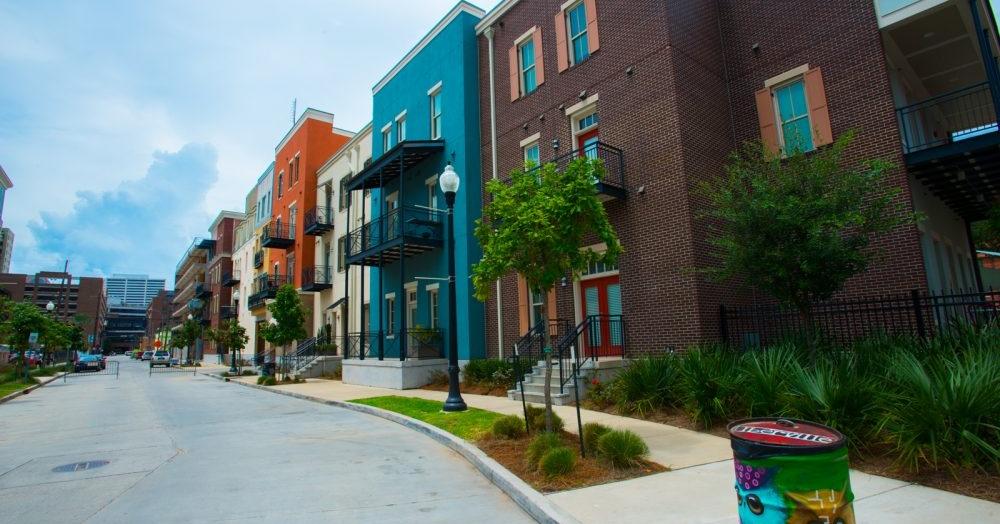The right to adequate housing is essential for everyone, including those with disabilities. Sadly, disabled individuals frequently face a unique set of obstacles in terms of housing, from dealing with accessibility concerns to experiencing prejudice. Fortunately, recent advancements in disability laws have been instrumental in helping those with disabilities locate, secure, and maintain appropriate housing tailored to their requirements.
Accessibility Requirements
One of the primary aspects of disability housing rights revolves around accessibility. The Fair Housing Act (FHA) in the United States mandates that landlords and property managers must provide reasonable accommodations and make necessary modifications to allow people with disabilities full access to housing. This includes features like wheelchair ramps, wider doorways, and accessible bathroom facilities. Ensuring these accommodations are in place is not just a matter of convenience; it’s a legal obligation.
Reasonable Modifications
Under the FHA, tenants with disabilities have the right to ask for sensible changes to their living areas at their own cost. These adjustments might involve putting up grab bars in the restroom, lowering kitchen countertops, or making light switches more accessible for wheelchair users. Landlords must allow these modifications, ensuring that the living space is better suited to meet each tenant’s specific needs.
Protection Against Discrimination
The law also protects disabled individuals from housing discrimination. Landlords cannot deny housing to someone solely based on their disability. They cannot inquire about an applicant’s disability status or use it as a reason to refuse a lease. If a landlord denies housing to someone with a disability, citing concerns about modifications or accommodations, it could be considered discrimination under the law.
Public vs. Private Housing
Both public and private housing options are covered under disability housing laws. Public housing authorities must ensure their units are accessible to people with disabilities, and they often have specific units designed for individuals with mobility impairments. In private housing, landlords must make reasonable accommodations. However, in certain cases, landlords of smaller properties are exempt from certain requirements, so it’s crucial for individuals to understand their rights under the law.
Legal Recourse and Advocacy
If a disabled person faces discrimination or encounters accessibility issues in housing, there are legal avenues to pursue. They can file complaints with the Department of Housing and Urban Development (HUD) or state housing authorities. Additionally, advocacy groups and disability law services play a vital role. These organizations can offer guidance, support, and even legal representation for individuals facing housing discrimination or accessibility challenges.
Challenges and Moving Forward
While significant strides have been made in the realm of disability and housing, challenges persist. Limited accessible housing stock, affordability concerns, and the need for ongoing advocacy are critical issues. Public awareness campaigns and continued legal efforts are essential to ensuring that individuals with disabilities have equal opportunities in housing. Collaboration between government agencies, housing providers, and advocacy groups is vital to bridge the gap between existing legislation and practical, accessible housing options for disabled individuals.
The intersection of disability and housing underscores the ongoing need for continuous attention and proactive measures. The existing laws serve as a foundational framework, striving to guarantee equal housing opportunities for individuals with disabilities. However, there remains significant work to be done to bridge the gap between legal provisions and practical, accessible housing options.
Disability insurance lawyers play a pivotal role in this pursuit. They serve as advocates for disabled individuals, ensuring that their rights are protected and upheld in the realm of housing. These legal experts specialize in navigating the complexities of disability insurance claims, fighting against potential discrimination, and advocating for accessible housing solutions. By collaborating with disability insurance lawyers, individuals with disabilities can leverage their expertise to overcome challenges and secure suitable housing options tailored to their specific needs.






